we’re part of
a shared system
investing in the health, husbandry
and living environments of food animals
Human Health
DIFFERENTIATED MEAT PRODUCTION
is a systems approach to preventative human health care.
current CAFO meat production practices
Science is proving the results of persistently consuming conventional meat is leading to a host of “modern health plagues“ being borne out by the domestic meat consumers over the last few decades.
a pragmatic investment in yourself
Eating differentiated meat from animals raised with an elevated production standards alleviates many risks of “cheap meat” on our families.
clean foods and responsible animal stewardship
Are in concert with the interests of healthy eating demographics, and engaged consumers.
Public Health
RESILIENT PEOPLE, ANIMALS & BIODIVERSITY
reduce outbreaks, and retain political, social & planetary stability
AMR resistance
By 2050, Antimicrobial resistance is predicted to cause more deaths than cancer, and have a $100 trillion impact on global economies.
Zoonosis
Is the leading cause of new infectious diseases throughout the world. Scale, Additional shortcuts utilized in raising animals, and further sterilization of beneficial microbes throughout the nutrient cycling from planet, plant, animal and human – are exponentially intensifying public health concerns.
68 billion Food Animals feeding 7 billion
Our approach to producing conventional meat is causing resource concerns and stewing Public Health issues on a shrinking planet.
Environmental Impact
NET POSITIVE IMPACT
on climate and ecological resilience with commitment to food animal wellness
Raising animals in natural living conditions is more efficient, and less costly to financial and natural resources.
Carbon sequestration is a normal process of growing natural forage as food for healthy local herbivores.
less inputs / less fossil fuels / less synthetics.
Employing pastured animals as interpreters to engage soil helps grow nutritious forage and food; it cleans water, maintains purchase and resilience of vegetation; it insures ground structure, and offers immediate returns capitalized on through the sale of differentiated meat.
Animal Welfare
HUMANE TREATMENT OF FOOD ANIMALS
is a systems approach to preventative human health care.

